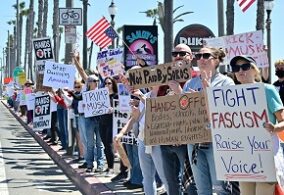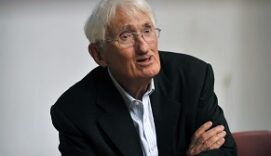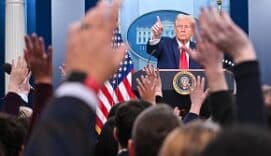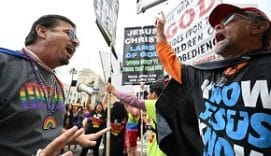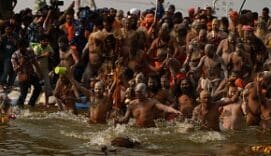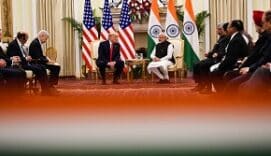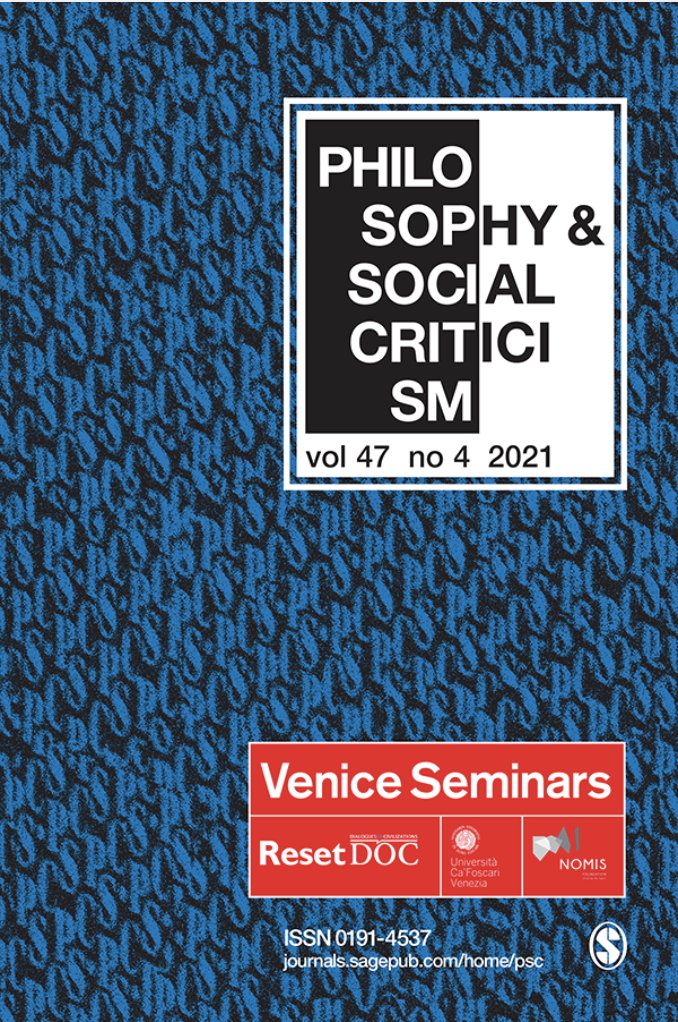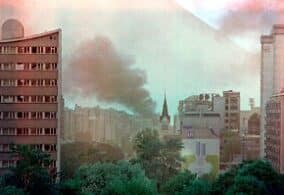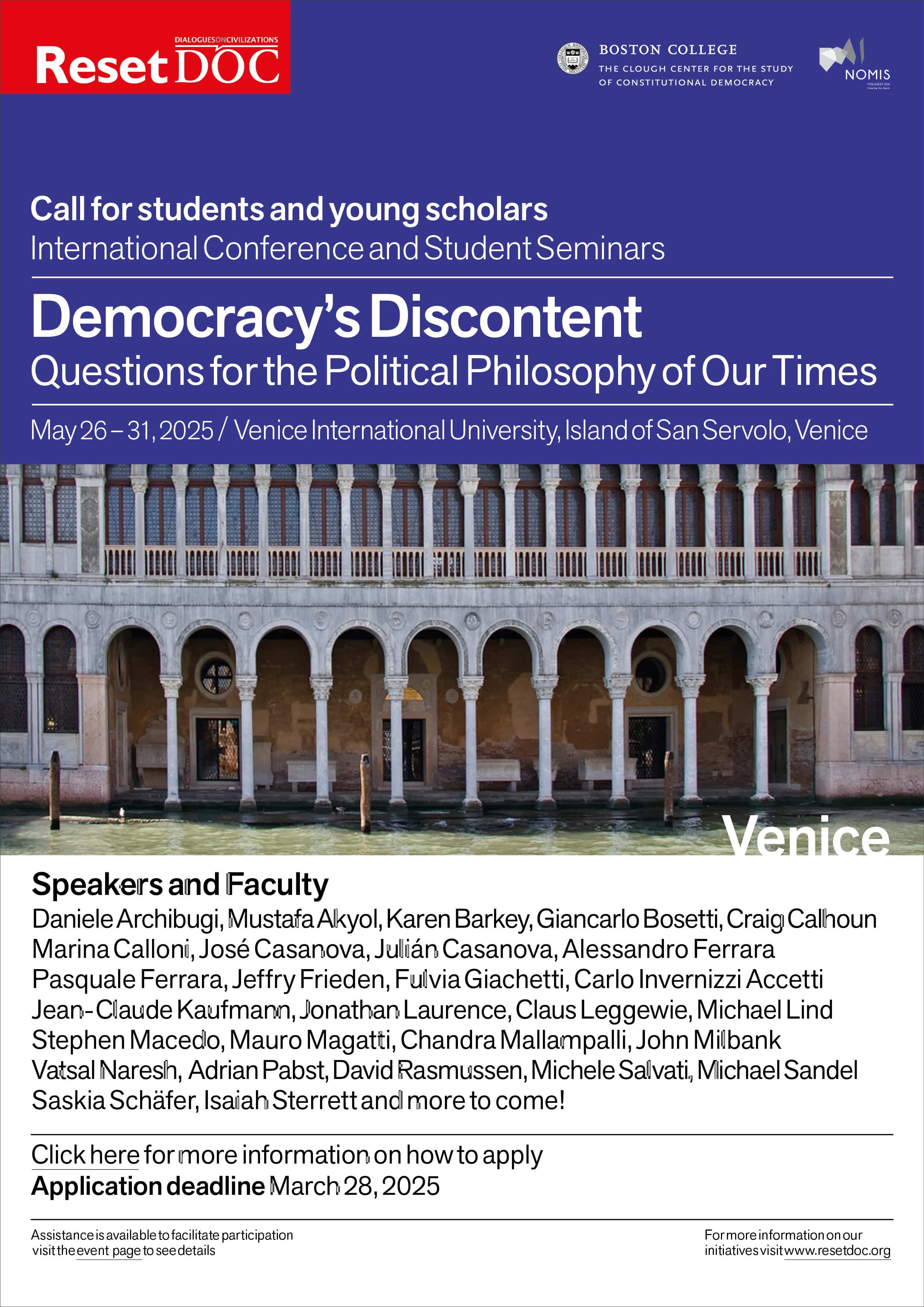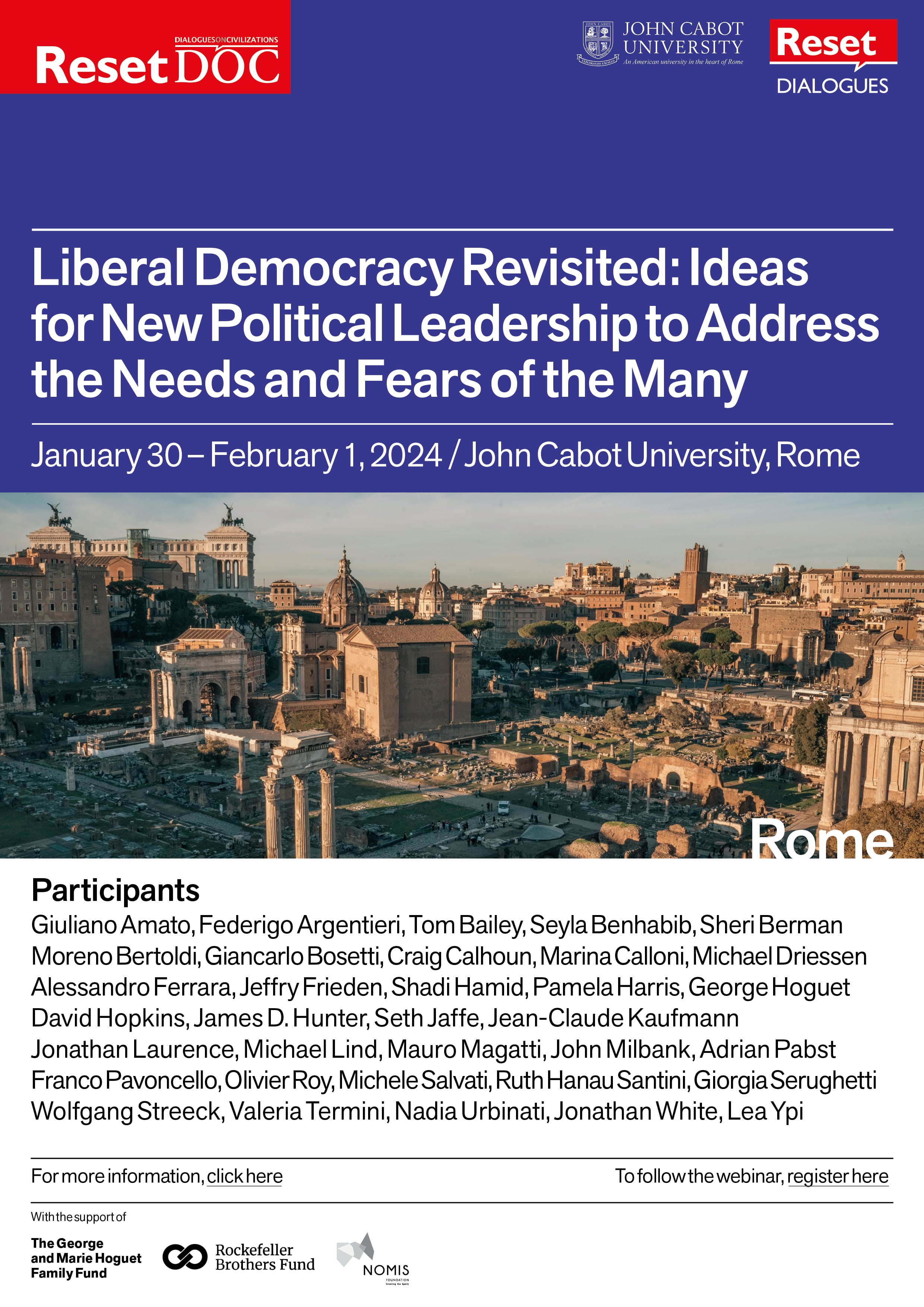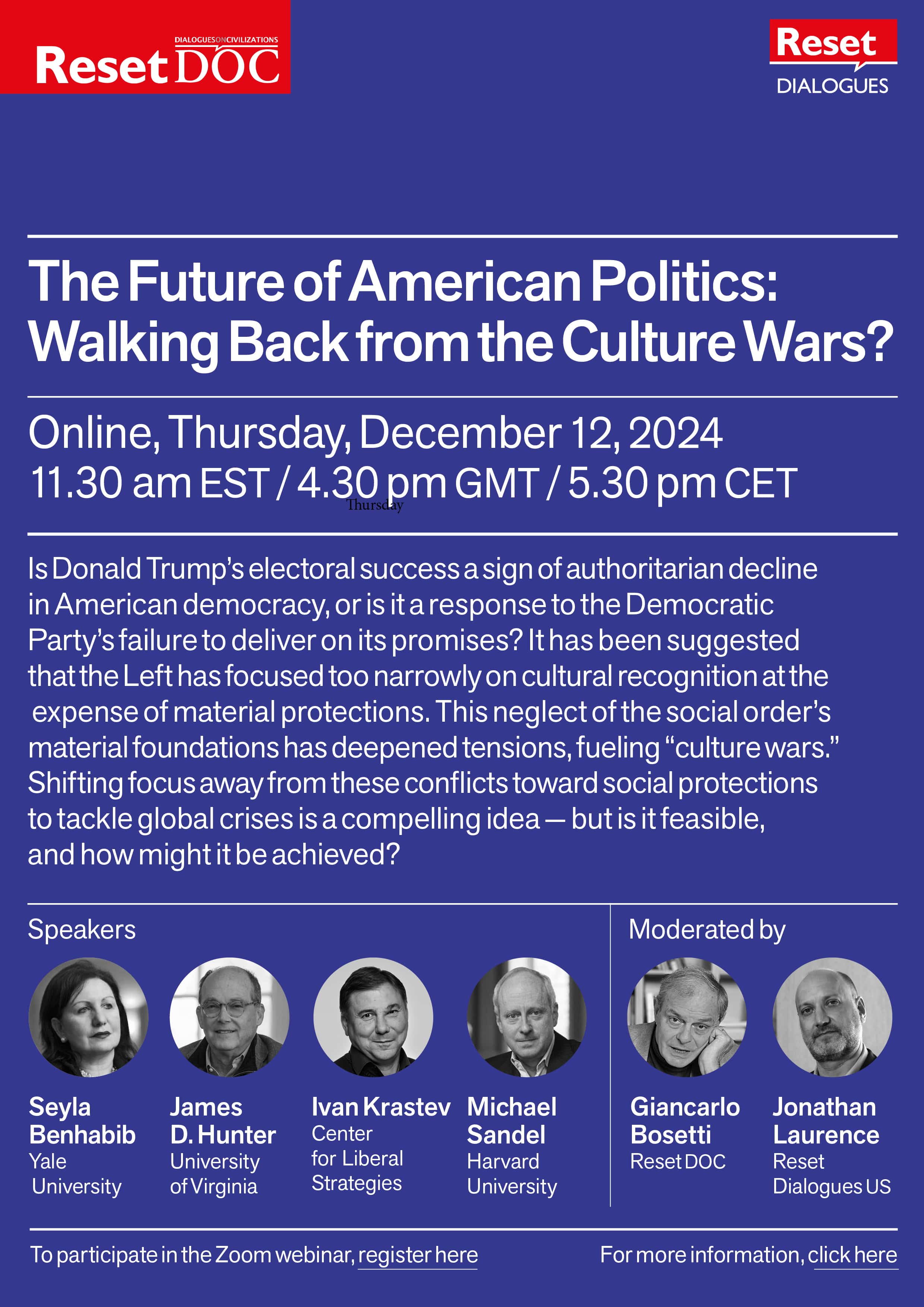Fulvia Giachetti 9 April 2025
Are we witnessing the rise of a new world order—one ruled not by governments, but by private armies, tech tycoons, and corporate fiefdoms? What sounds like dystopian fiction may, in fact, reflect the dream of a fringe of anarcho-capitalists, now alarmingly close to real power, especially within the ascendant far right. But is it really a “Techno-Feudal” turn or something more fragmented and chaotic? To make sense of the forces at play—their ambitions, strategies, and contradictions—Reset DOC spoke with historian Quinn Slobodian, author of Crack-Up Capitalism: Market Radicals and the Dream of a World without Democracy.


